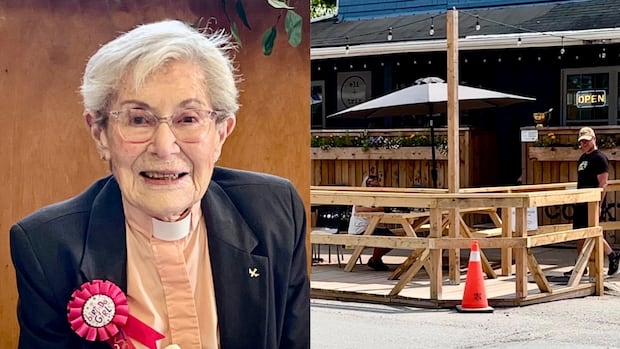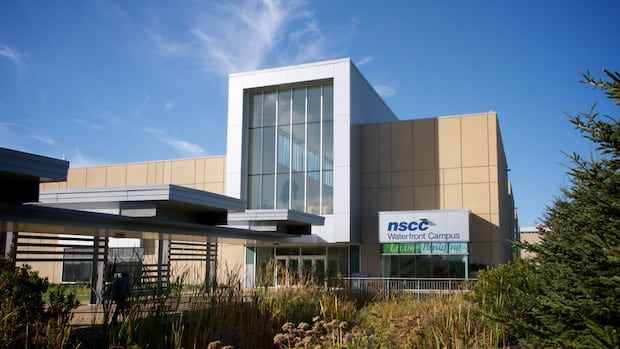Hunting for time to think in Lochaber

LOCHABER, N.S. — Dan MacIsaac wanted to be high up in a big white spruce thinking about nothing on Monday.
He wanted his heart and breath to fall into rhythm with the valley below as he waited for a buck who didn’t have to show.
Instead, he was looking for pigs.
“Doesn’t matter how much land you have, they’ll head for the neighbours,” said MacIsaac.
In a cold rain, the 39-year-old sought to decipher their prints in the mud as he tromped between the fallow fields that march down toward Lochaber Lake in Antigonish County.
These last two pigs represent an end to something in his own life.
He needs some quiet time at the blind to work out what they’re also the beginning of.
Like many, MacIsaac headed to Alberta in his early 20s.
He wore out a few pairs of boots surveying frozen prairie, realized he’d need to set roots somewhere or this would be it.
Back home
Then, in 2016, these 263 acres came up for sale back home.
Every cent he had, RRSPs included, went into the new plan – Loch Abar Farms.
There were 40 acres of Christmas trees that needed tending and replanting, he added pigs and chickens.
He branded and developed direct sale to butchers in Halifax, growing his pig herd to 70 animals at any time and flock to 1,200 chickens. From Dec. 1 to 21, you’d find him in the parking lot of the Bayers Lake Canadian Tire selling the Christmas trees he’d spent the fall shearing, cutting and bailing.
He cut red pines growing on the hill, milled them and built a house.
Amy MacDonald gave them a son.
“COVID happened and we all thought it would be the saviour – people suddenly were interested in buying local,” said MacIsaac.
During that first year, masses of Nova Scotians turned to buying their meat direct from farms and local butchers. Farmgate sales added a big new revenue stream for farmers who had long struggled.
Then came the end of government stimulus and inflation. All those new customers, and some old ones, had to find somewhere to cut costs.
The cold math behind Loch Abar Farm stopped adding up.
“I just can’t make it work,” said MacIsaac.
Looking west again
After marrying MacDonald in December and wrapping up Christmas tree sales at Bayers Lake for the season, he’s looking at punching a hard winter away from his family in Fort MacMurray.
These two escaped pigs are the last of the herd that won’t be replaced.
But they’ve grown feral and wily – one stands lookout while the other’s in the pen eating, so he can’t shut the gate behind them.
Now, with bellies full of feed and wild apples on the ground the length of his valley, there’s little impetus for their return.
That evening, he’d get back up to the blind.
“When you’re there, you’re not thinking, or at least you’re trying not to. But then sometimes you do and you find it’s the only place you can slow down enough to put the pieces together,” said MacIsaac.
Deer season has always filled this place for MacIsaacs.
At three years old, he first went out with his dad.
“I don’t think we were even really hunting, he’d take me out and we’d sit together and be quiet and pretend there was a chance a deer might come along,” he said.
Next week, the descendants of the great uncles who emigrated to the New England states after the Second World War will come back home to a family cabin in the valley and they’ll hunt together.
Each with their own hunks of life to remember, forget or work through.
What MacIsaac does know is that if he heads west, he’ll be coming back.
The Christmas trees have proven worthwhile and he’s got a couple more ideas of how to make ends meet in this valley.
“Cabins don’t die or run away,” he said of one of them.
“I’m not done trying, anyway.”



